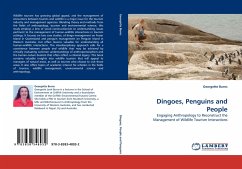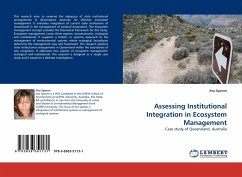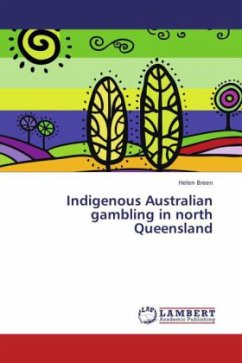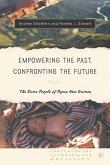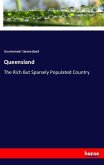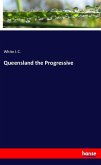Wildlife tourism has growing global appeal, and the management of encounters between tourists and wildlife is a major issue for the tourism industry and management agencies. Blending theory and methods from the fields of anthropology, tourism and environmental science, this study employs a lens of social constructionism to understanding issues pertinent to the management of human-wildlife interactions in tourism settings. It focuses on two case studies, of dingo management on Fraser Island in Queensland and penguin management on Penguin Island in Western Australia, but offers lessons valuable for understanding all human-wildlife interactions. The interdisciplinary approach calls for a coexistence between people and wildlife that may be achieved by critically evaluating common understandings of anthropomorphism and the human-nature dualism that often reflect a colonial legacy. This book contains valuable insights into wildlife tourism that will appeal to managers of natural areas,as well as tourists who choose to visit those areas. It also offers topics of academic interest for scholars in the fields of tourism, wildlife management, environmental science and anthropology.
Bitte wählen Sie Ihr Anliegen aus.
Rechnungen
Retourenschein anfordern
Bestellstatus
Storno

